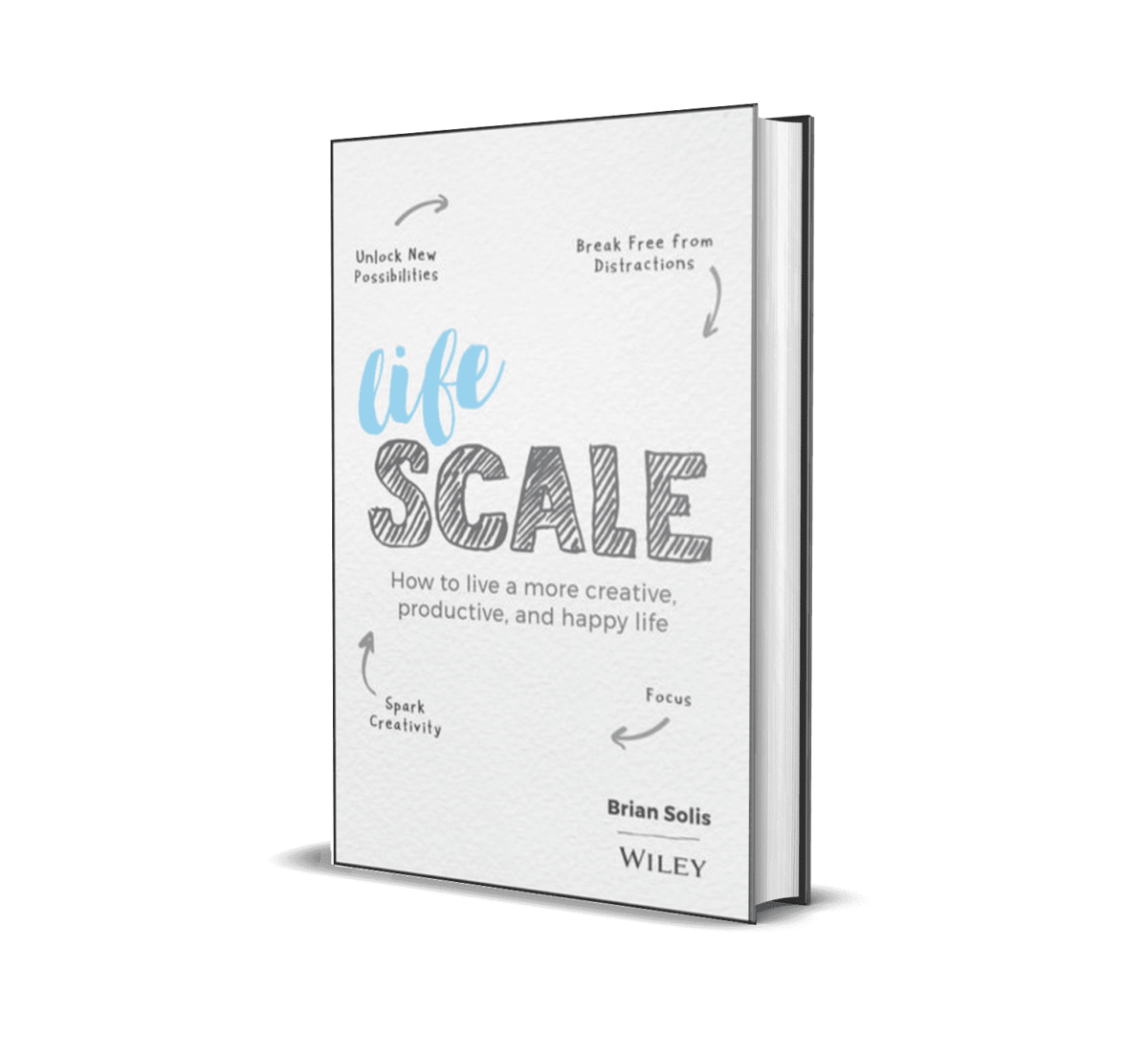In our last blog, we chatted about the cult of busyness. We asked readers to raise their hands if they’ve ever heard or uttered the phrase “I can’t, I’m very busy.” We dug into the idea that, as a society, we’ve embraced the myth that busy equals important. To be Descartian, we could take the famous “Cogito, ergo sum” (I think therefore I am) and say something along the lines of “Et occupatus sum, ergo sum momenti” (I am so busy, therefore I am important) – be gentle with me, my Latin is fairly rusty. But, as that last blog highlighted: this isn’t a good thing. Busyness isn’t something we should strive for. Blindly following to-do lists won’t necessarily make you more productive.
If I asked you to, once again, raise your hands if you feel that the demands in your life have you spinning your wheels and feeling exhausted, I’d guess that you’d all be nodding at your screens with a hand or two up (if you’re holding your phones, be careful!). And I’d be right there with you. Although I know how important it is to stay focused on work that is both pressing and important, I can get distracted by the technology gnats: email alerts, social media, calendar requests… you get the idea. In fact, how many of you have had an alert (or two) pull you away from reading this? I’m not judging – it’s a reality. Technology has done a lot to increase our connectivity and encourage productivity, but when used without mindfulness it can lead to a time-sucking rabbit hole.
This rabbit hole of being busy but unproductive is the story author and speaker Brian Solis digs into in his latest book Lifescale: How to live a more creative, productive, and happy life.
I got to hang out with Brian back in March. Well, that’s an overstatement. I was lucky enough to get a seat in his packed Social Media Marketing World breakout session. At the end of his talk, I was able to say hi and connect with him briefly. But, let’s go back to a keyword. His session was packed – I’m not exaggerating. The room was filled with people whose jobs rely on technology. Who make a living on how a client’s digital campaign is running. In determining success by the number of likes. In being responsive at all times to all things. And here they were, looking for the secret to finding balance in lives and livelihoods that demand immersion in technology.
The tension of technology is easy to see. For years we’ve heard about how it is supposed to help us feel more connected and increase productivity. But do you feel connected and productive? Studies back up the reality that many of us experience every day. In 2018, The World Economic Forum released an article that examined new technology and productivity. In it, the writers postulated that “it’s possible that [information and communications technology] and other new technologies are not just doing less to boost productivity than past innovations; they may actually have some negative side effects that undermine productivity and GDP growth.” Why’s this? Let’s look at what we call many new technologies: disruptors. These technologies disrupt things. Including people’s attention spans.
In his book, Brian shares personal stories about how his creativity and productivity was stuck. He went to work each day to write a book only to end a full day with, sometimes quite literally, nothing on the page. How was this possible?
“Then one day I was struggling to complete an article titled ‘How to Focus While Being Distracted,’” Brian writes. “And the irony hit me, hard. I was totally distracted, being drawn to notification after notification from Snapchat, Facebook, Messenger, Instagram, WhatsApp, and Twitter. I’d tell myself not to reach for my phone, but there I’d be checkout out a picture of that funny sandwich board outside one of my friends [sic] favorite cafés.”
Sound familiar?
Not only does technology suck our time away, but it can also negatively impact our state of mind. A quick Google search will show you study after study about how technology can (and is) negatively impacting mental health. In fact, Brian, a self-identified geek apologist who champions new technology, put it out there in black and white for all to read. “There are two ways to readily influence behavior: (1) manipulate it or (2) inspire it. The technology companies have chosen, for the most part, to manipulate it.” The result? Digital Distraction.
Don’t get me wrong. Brian’s book isn’t a doomsday prediction. He remains firm in his belief that new technology can be great. But, only when it’s in balance.
Here I’m going to hit pause for a second and share an Alan Quarry-ism. There is no such thing as balance. Only balancing. We’re always working towards balancing. And this Quarry-ism helped me take Brian’s advice and suggestions and put them to work.
Throughout the remainder of Lifescale, Brian shares hacks to deal with digital (and other) distractions and lead a more creative, productive and happy life (as the title of his book attests). It’s a series of looking back in order to plan for the future. It’s an act of balancing. Of checking in, of identifying what pulls your attention away from what’s important, causing you to stumble, in order to refocus and continuing balancing – until the next pull away.
Brian offers a number of solutions to how he dealt with distractions and found his FLOW. What’s that? According to psychologist Mihaly Csikszenmihalyi’s book, it’s an immersion in what we’re doing that is so complete that we remain focused. The result? We feel fulfilled by the work we create.
Brian’s tips and tricks aren’t another checklist for his readers. He knows that they’re neither exhaustive nor one hundred percent applicable to everyone (in fact, in the conclusion he reminds us that lifescaling is our own personal exploration into discovering what works best for us). But, these are tested and true ideas that worked for him. And, they’re a good start. So, what are they?
Brian did a great job visually breaking down the entire book into a journey map wherein we all need to:
- Realize where we’re at
- Awaken to what’s distracting us
- Refocus our resources (time, brain power, creativity)
- Believe in the premise that creativity stops time (creating productivity and flow) and distractions waste time
- Reconsider what truly makes each of us happy and productive – what is it we really want/need to accomplish?
- To achieve what’s most important:
- Find what energizes us – and focus time there
- Find purpose in our various roles
- Rekindle past passions
- Stay in alignment with our personal values
- Liberate ourselves from the distractions
- Embrace silence and find a sense of calm in turning off our notifications and staying focused in our deep dive
- Visualize of what it is we really want to achieve (there’s a great piece in the book around the Pixar storyboarding process)
- Go with the flow – not the push and pull, but the authentic, creative flow you’ve created
Lifescale is a great, short read that many people can relate to. It gives personal examples that are at times funny and disheartening, and which underscore our need to use technology – not be used by it. His tips and hacks won’t all work for you – but they’re a great place to start your personal journey and begin to rekindle your personal passion – whatever that may be – and unlock your creative power.


